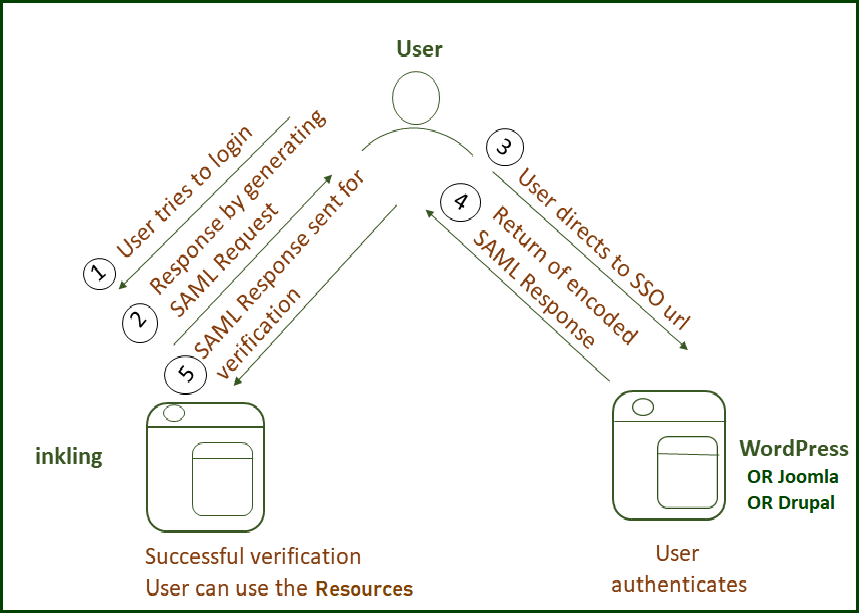

This script is unique for having both an uppercase and lowercase form. Examples of this script can be seen on the Splatfest Tee, where it is always used to mimic the text for the Splatfest team's name. The bold script is most commonly used to mimic words or to write gibberish, which is why it was assumed to be indecipherable for many years. It appears in all three games and is widely used on clothes and weapons. This script resembles the typeface primarily used in Splatoon for dialogue. Readable texts from known scripts Bold script While most of the time the developers write in English, there are also frequent occurrences where the scripts are used to write romanized Japanese. Glyphs that resemble characters from other human languages, such as Chinese or Arabic, are not known to have a proper decipherable form.įocusing on the usage of the deciphered versions of the scripts, there are also different languages in which the scripts may be written. In text where characters are rotated, flipped, or altered in ways that should not exist based on the cipher, the text can be considered meaningless.

In these situations, characters are used to display gibberish text, and may be rotated, flipped or slightly altered. There are also situations in which scripts are used neither to mimic, nor in its deciphered order, but in a scrambled manner. With few exceptions, any situation in which fictitious letters seem to resemble an English word most likely does not reflect the true meaning of the script, and should not be used as a basis for deciphering work. In this case, the square script at the bottom is used in a way to mimic the band's name, even though this is not the actual meaning of the letters based on the deciphered version of the script.

Scripts that are decipherable have each fictitious letter correspond to the letters of the Latin alphabet this is referred to as "deciphered" when talking about occurrences of these scripts in the game.Īnother way the scripts are used is "mimicking", where the characters are picked based on how closely they resemble Latin letters, or occasionally, Japanese script, to make a word or phrase.Įxample of a script being used to mimic a wordĪn example would be the cover artwork of Turquoise October from Splatoon. When characters do appear consistently enough to be considered a script, it has been discovered that many of those are decipherable. As an example, the letters of many company logos appear to be unique to the logo design and do not show up anywhere else. Characters that are not used recurrently are not considered a script. The written form of Inkling is represented through numerous scripts, ranging from unique glyphs to ones resembling human scripts like Japanese, Arabic and Cyrillic.Ī "script", in the sense used when documenting how the written form of Inkling is represented, is a consistent set of characters that is used in a sufficient number of places throughout the game. Squid Sisters' voice clips ( link to file information).Male Inklings' voice clips ( link to file information).Female Inklings' voice clips ( link to file information).Press the speaker icon or descriptive text to start or pause the audio. Off the Hook has a line sounding like "hey hey, tentacle!" sung by Pearl. In addition, Tentacle to the Metal by Damp Socks feat. Lyrics for Ebb & Flow (Octo) are also shown to incorporate the word "splatoon", albeit slightly deviated from how it is normally spelt in katakana. An in-universe interview with Wet Floor also disclosed a couple of lines for the song Inkoming! that incorporate sounds resembling English words. Official lyrics for songs by Off the Hook and the Squid Sisters have been distributed with merchandise, such as albums and piano sheet music. Song lyrics, regardless of the species they are sung by, consist of gibberish lines. Certain voice lines, intentionally or not, vaguely resemble words in real-life spoken languages. The spoken language used in Splatoon is represented through clips of one or more syllables played in random order during dialog.


 0 kommentar(er)
0 kommentar(er)
